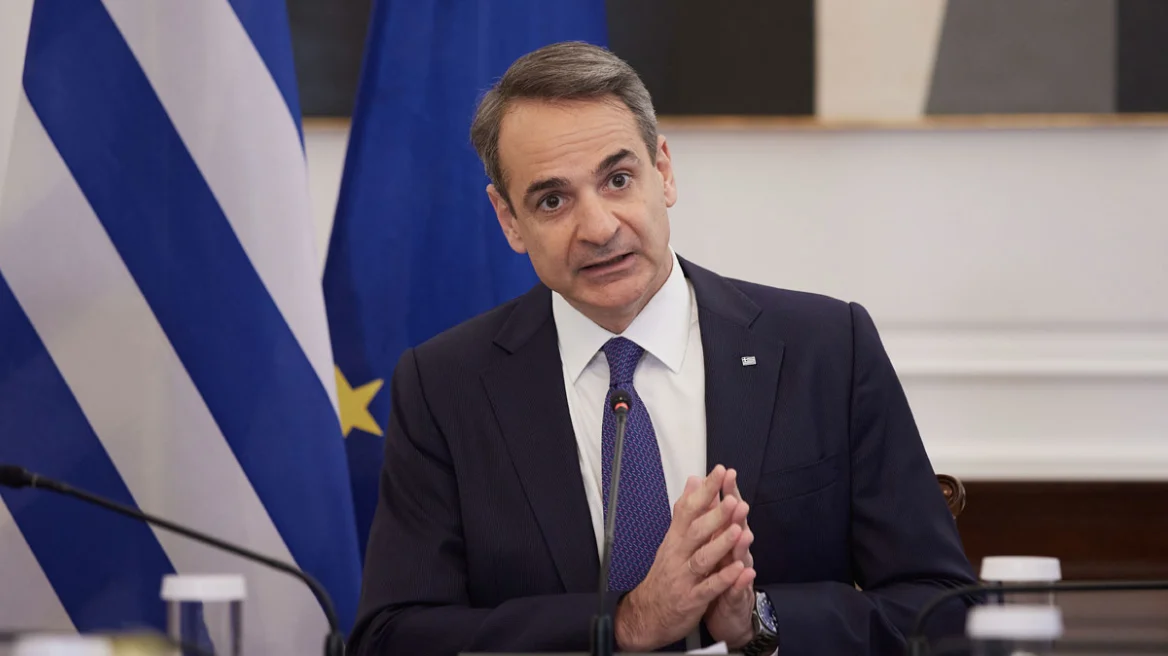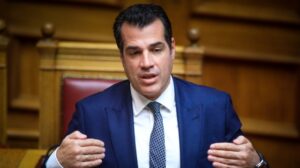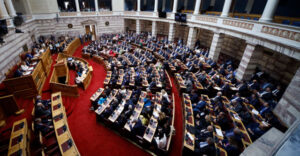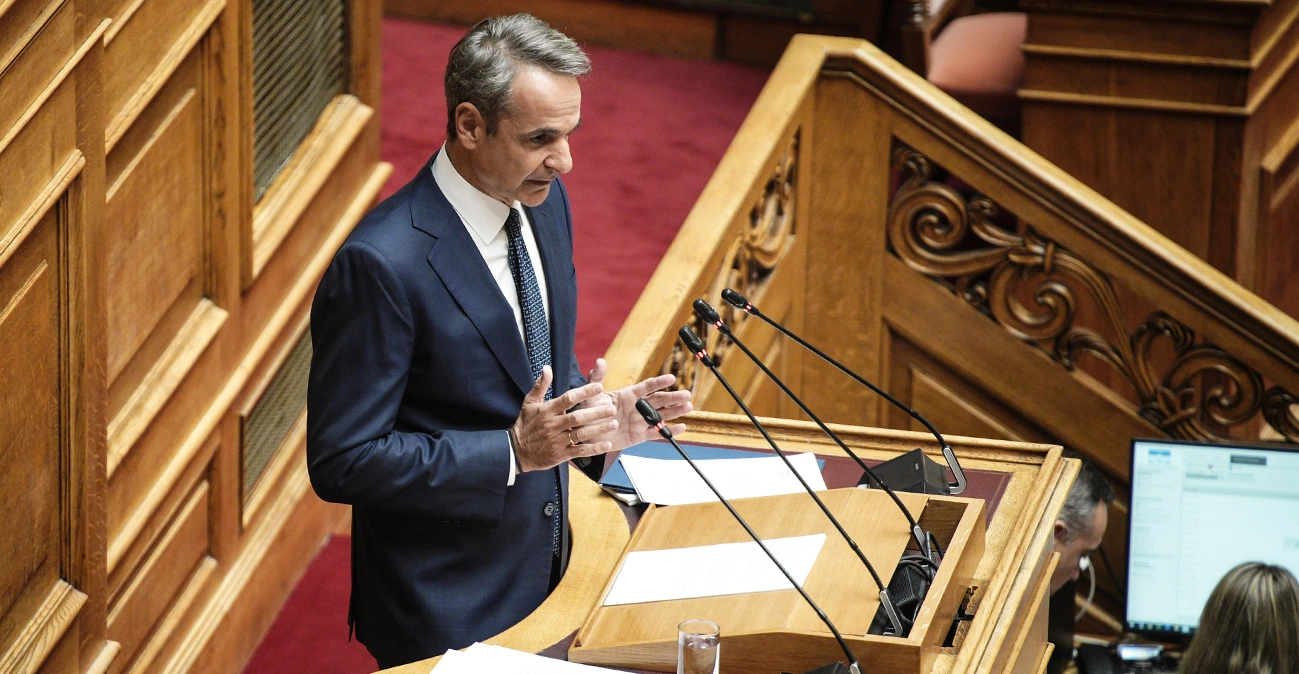Finance Minister Gikas Hardouvelis said on Tuesday that a “mini” extension of the Greek bailout program appears likely due to the time needed for the creation of a new government following the national elections on January 25. It could take until February 28 before the political situation in Greece stabilizes.
The elections mean that it is unlikely that the Troika of Greece’s international creditors from the European Commission (EC), European Central Bank (ECB) and International Monetary Fund (IMF) would visit Greece until March.
Sources of Protothema.gr state that Greece’s creditors are being pressured to complete the Greek review due to Finnish elections on April 19. The Finnish government held a hard line against the first support program calling for Greece to provide collateral as had been the case with Finland when it had been forced to undergo a similar program. After all, Finnish Olli Rehn had been the European Economic and Monetary Affairs commissioner who had handled the debt crisis in Greece.
Greece’s lenders are reluctant to open a new front with Athens and troika so as not to disrupt the Finnish pre-election period when it is in its crescendo.
Even once a government is formed in Greece, the troika may continue to procrastinate as had been the case in the second quarter of 2014 when the troika’s arrival to Athens had been delayed.
The political uncertainty in Greece is harmful to the country’s ability to negotiate. Delays in the creation of a new government and appointment of a Greek President would result in the depletion of funds available to pay salaries and pensions.
March will be a critical month and it is hoped that troika will complete its review by March 25. The new government’s stand will determine how much of the 7.2 billion benchmarked for the Greek economy will be given and whether a new enhanced conditions credit line (ECCL) will be offered.
Ask me anything
Explore related questions





